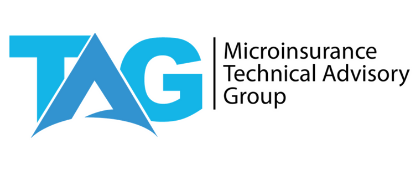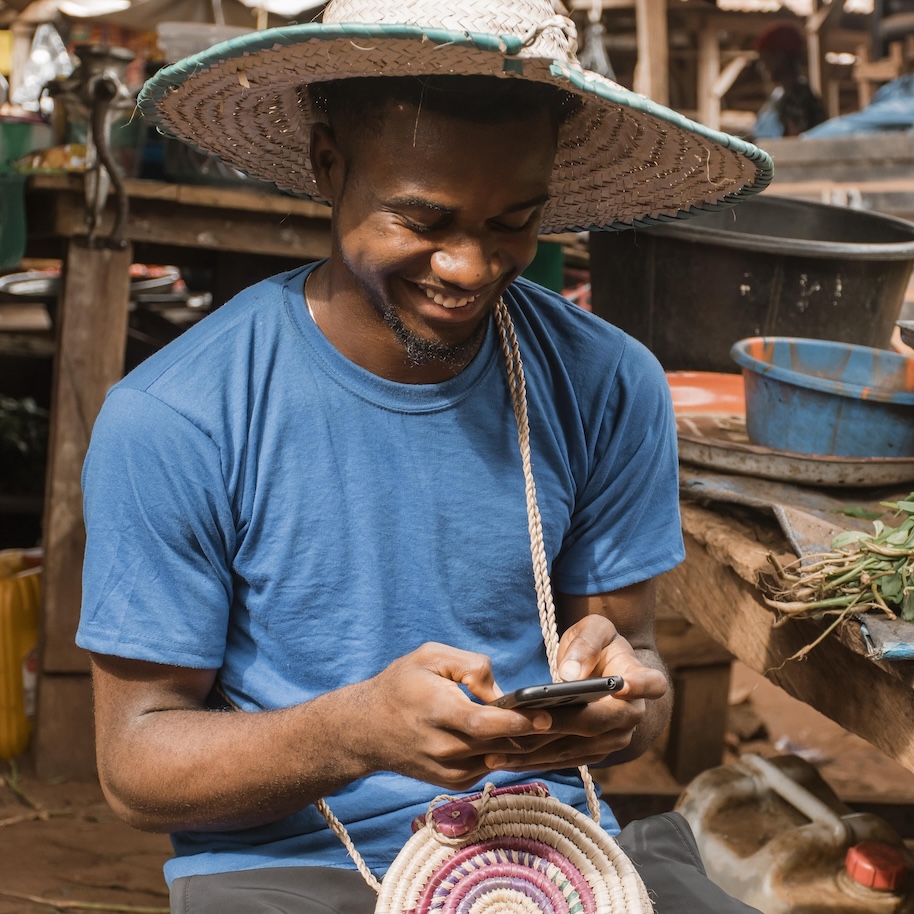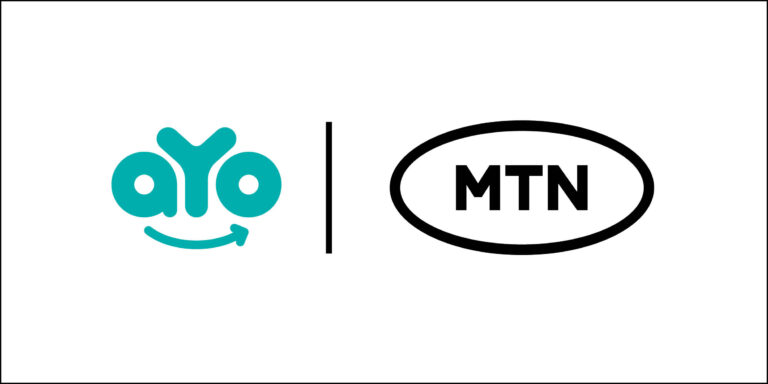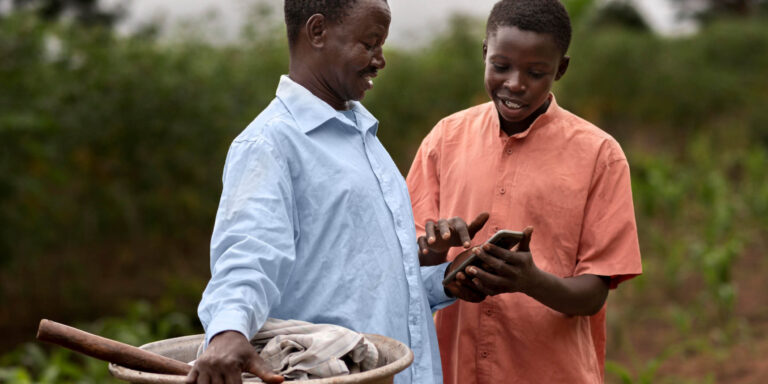Access to financial services particularly insurance in Zambia is still very low. According to the Finscope 2020 Survey, uptake of insurance services in Zambia increased from 2.8% in 2015 to 6.3% by 2020. Low uptake of insurance services amongst formal financial services available on the market has been attributed to lack of awareness or understanding of the services and the accompanying benefits by the respondents according to the Finscope 2015 Survey findings. While limited uptake and increase recorded from 2015 to 2020 is predominantly urban based and largely constitutes the educated and affluent, rural areas are still worse in terms of lack of awareness of insurance services and the attendant benefits. These findings have awakened key players and stakeholders in the financial sector and the insurance industry to do something to increase awareness and uptake of insurance products in Zambia. So far, this has seen concerted efforts by key players to commemorate the Insurance Week separately on Zambia’s Financial Literacy Calendar. Since 2013, the Insurance Week has been commemorated as part of financial literacy calendar of events. Further, the formation of the Microinsurance Technical Advisory Group (TAG Association) is one such initiatives aimed to coordinate the sector by advocating for inclusive insurance product development to increase uptake of insurance services in Zambia particularly at a micro level. TAG does this through private sector player engagements in the design and delivery of appropriate microinsurance products in Zambia.
The Rural Finance Expansion Programme (RUFEP) has been one of the key actors in promoting access to sustainable financial services including insurance in Zambia. A joint initiative of the Government of the Republic of Zambia (GRZ) and the International Fund for Agricultural Development (IFAD), RUFEP aims to promote access to sustainable financial services by the poor rural men, women and youth in Zambia. Following the signing of the financing agreement in July 2014 between GRZ and IFAD for RUFEP with a duration of eight (8) years up to 2022, the programme has engaged various partners since 2015 to implement its goals and objectives. With remarkable success and impact in terms of outreach, RUFEP was extended for one year up to September 2023. The Innovation and Outreach Facility (IOF) Component, a Matching Grant, has been RUFEP’s partnership engagement and financing instrument with its three Windows namely: Community Based Financial Institutions (CBFIs) Linkages (Window I); Agency and Mobile Banking (Window II) and Rural Finance Equity and Innovation (Window III).
From 2014 to date, RUFEP has been working with Strategic and Implementing Partners to achieve programme objectives and goals. Under Window I of the IOF, RUFEP supported Savings Group Promoters to build capacity of rural Savings Groups (SGs) or CBFIs which are informal and to link them to formal financial services. Though informal, SGs have become popular in promoting access to financial services by rural people and reducing the financial inclusion gap between urban and rural areas. In addition, SGs provide a platform for increasing awareness and uptake of microinsurance through the Social Fund. Through SGs, rural communities have slowly begun to appreciate the importance of contributing to a Social Fund as a form of microinsurance. Apart from providing access to Savings and Credit, SG members contribute to the Social Fund to insure themselves against unforeseen risks and shocks such as sicknesses and funerals. Each group member contributing to the Social Fund is hedged against identified risks in case of an emergency. This has become an incentive that promotes group solidarity and social cohesion in rural communities among group members.
While Social Funds provide a safety net for risk management for SG members, the amounts or premiums are too low to deal with serious risks members face in case of emergencies. In September, 2019 RUFEP supported Risk Shield Consultants to conduct an applied study on the feasibility of development of microinsurance products for the rural population targeting Savings Groups. The Study was done to assess risks associated with SGs and to inform the development process of suitable microinsurance products for SGs.
The study revealed that drought was a common risk that SG members (in the selected rural households for the study) faced due to their dependence on rain-fed agriculture for their livelihoods. Other risks that SG members face identified by the Study included funeral expenses, flooding, livestock losses, crop diseases and health risks.

By Cephas Moonga
Knowledge Management and Communications Specialist for RUFEP
The Study recommended that there was need to develop low-cost, gender sensitive microinsurance products suitable for SG members to cover such emergencies and risks rural people face to avoid disrupting their savings related goals. Climate Change related risks such as drought, flooding, livestock losses, crop diseases that threaten rural people dependent on agriculture could be mitigated by developing sustainable microinsurance products targeted and tailored to the needs of rural smallholder farmers. Based on the information collected from the SGs on their risk prioritization and product preferences and after carrying out a detailed technical assessment of the available data, statistics and insurability of the different risks, the following four types of microinsurance products were developed:
- Funeral microinsurance;
- Hospitalization microinsurance;
- Malaria microinsurance;
- Weather-index microinsurance.
After stakeholder consultation with the insurance industry and SGs themselves, the following two microinsurance products were refined further by Risk Shield:
- Hospitalization and Maternity Insurance (HMI)
- Family Life Cover
In conclusion, as the Insurance Industry in Zambia commemorates the Insurance Week from 25th to 30th September 2023 under the theme: Insure Today for a Sustainable Future, Industry Players are challenged to design sustainable microinsurance products that are affordable to the rural people especially SGs. Commemorative events such as Global Money Week, Financial Literacy Week, Insurance Week, World Savings Day could be used to promote awareness of these products for increased uptake and outreach across the country.




